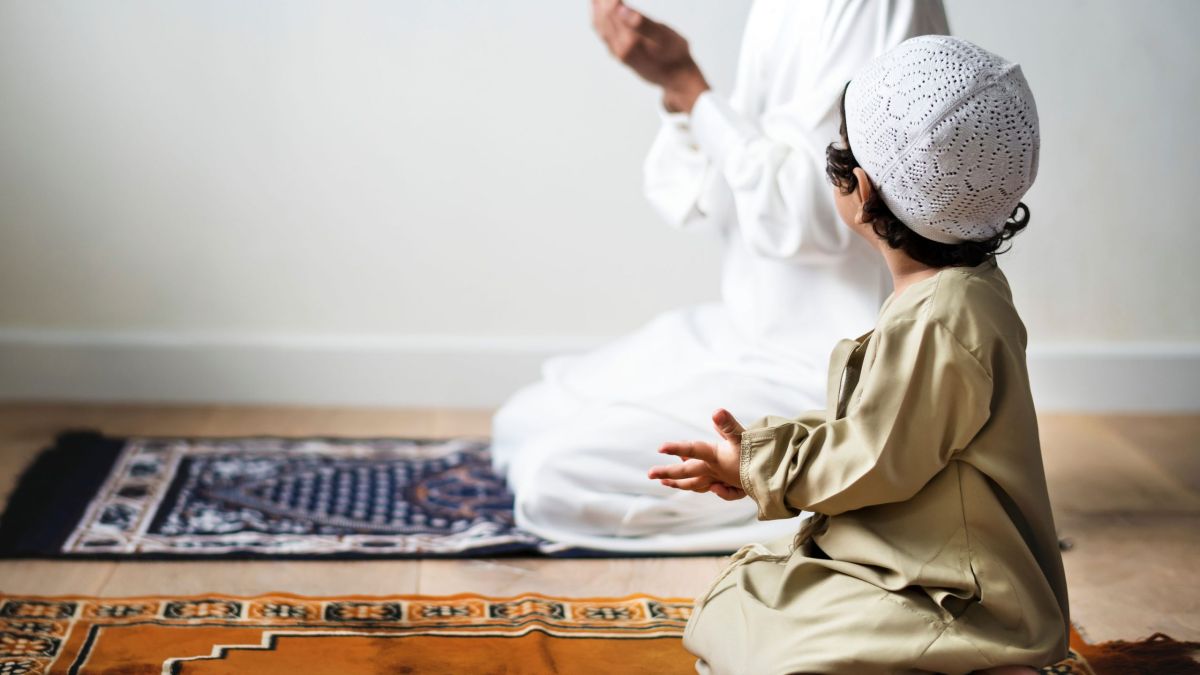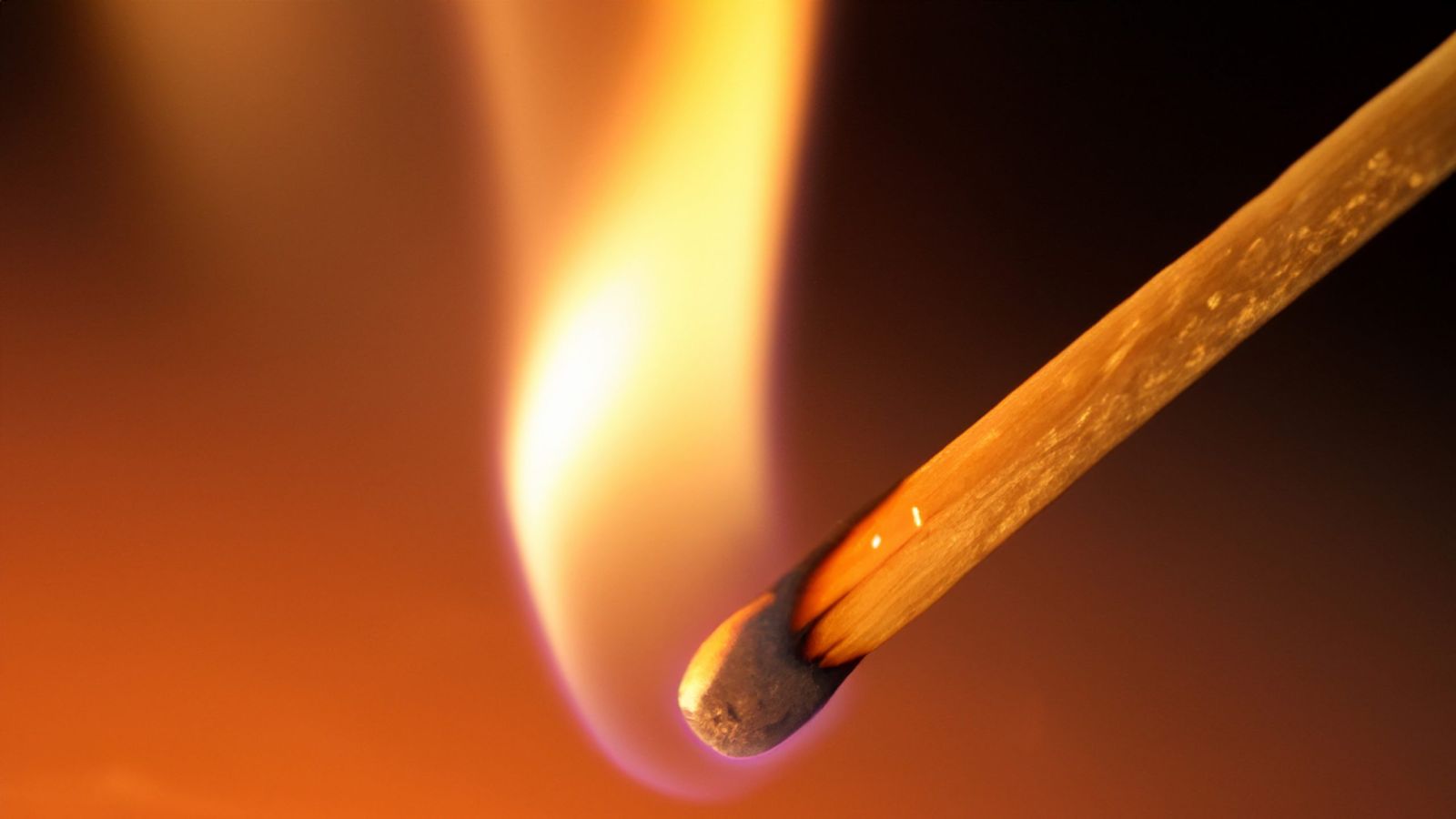When Should Children Be Ordered to Perform Prayers and Why?
Imām Muḥammad ibn Ṣāliḥ al-ʿUthaymīn


[Q]: If it is not obligatory upon a child to perform ṣalāh, why did the Prophet (صلى الله عليه وسلم) order the people to instruct their sons and daughters to perform ṣalāh by completion of the age of seven [i.e. the beginning of year eight1], and to beat them2 if they do not perform it by the age of ten?3 Does a person deserve to be beaten for an act that is not obligatory upon them anyways?
[A]: The father has only been ordered to command his child to pray, and to beat him if he does not, as a way of perfecting and completing the care and attention he must show towards his children. As it represents him performing his responsibilities towards his children to the very utmost of his abilities. For every father has been tasked with certain responsibilities. This treatment is completely unrelated to the act of ṣalāh being obligatory upon that child. The evidence of this is that if the child misses a ṣalāh, he does not have to perform it after its time.
If the child has reached the age of six but he is clever and smart. The apparent meaning of the ḥadīth would imply that, even in this circumstance, he should not be ordered to perform ṣalāh. This is because the ḥadīth has specified the age of seven. In the majority of cases, at the age of seven a child is able to discern right from wrong. A ruling should not be applied based on that which is considered rare.
If it was said: The ability to discern right from wrong should not be defined by a particular age. Rather, it should be defined by the ability of the child to understand the speech that is addressed to him, and is able to respond to it. This is also evidenced by the root of the Arabic word used here [al-tamyīz]. Should we not then order him to perform ṣalāh in attachment to the development of this ability to discern, even if the child is younger than seven?
This is an issue that requires some consideration.
We could say: The ruling to order children to pray should start when they have developed the ability to discern.
Or we could say: It should begin at the age of seven as related in the Sunnah.
The Legislator is more wise than us. Therefore, the order to perform ṣalāh and beating them if they do not should be in accordance with and limited to what has been related in the Sunnah.
Endnotes:
[1] See Fatāwá al-Lajnah al-Dāʾimah no. 5133
[2] Translator note: This “beating” is explained by the shaykh as a non-violent form of disciplining children, one that does not mark or traumatise the child: “Beating is with the hand, or a piece of cloth, a stick, or other than it. Its prerequisite is that it is not an agonising or violent beating. As its purpose is only to instill manners, not to torture.” See al-Sharḥ al-Mumtiʿ 2:20. He (رحمه الله) also said concerning this ḥadīth: “With it, the claim of some of the scholars of early learning is falsified when they say: Beating is completely futile and only results in the hardening of the heart.” See Tafsīr al-ʿUthaymīn 1:299.
[3] Authentic: narrated by Abū Dāwūd: 495 and al-Tirmidhī: 407. Graded authentic by al-Tirmidhī, Ibn Khuzaymah and Shaykh al-Albānī in Irwāʾ al-Ghalīl: 247.
Source: Al-Sharḥ al-Mumtiʿ 2:13-14
Translated by: Riyāḍ al-Kanadī
Most Popular: Last 30 Days

















